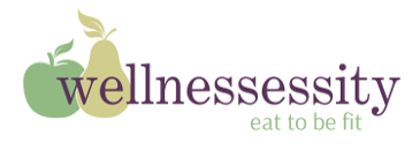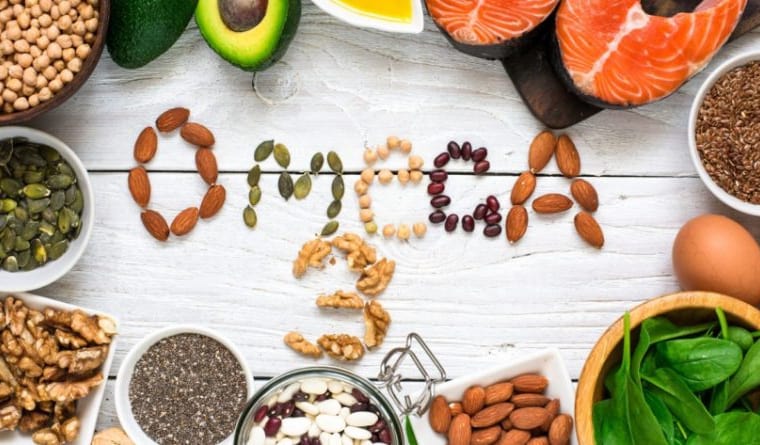If you’re a parent of a tween or teen, you’ve most likely wondered which foods complement their academic performance, behaviour and ability to focus.
Omega-3 fatty acids are a type of essential fatty acid that plays a crucial role in the growth and development of growing bodies. They are considered “essential” because the body cannot produce them on its own and must be obtained through a healthy eating regimen.
Here are some reasons why omega-3 fatty acids are important for teenagers:
- Brain development- Omega-3 fatty acids are critical for the development of the brain and nervous system. Studies have shown that omega-3s can improve cognitive function, memory and attention in children and adolescents.
- Mood regulation- Omega-3s have been shown to have a positive impact on mood and emotional well-being. Research has found that omega-3 supplementation may reduce symptoms of depression and anxiety in teenagers.
- Inflammation reduction- Omega-3s have anti-inflammatory properties, which can help reduce inflammation throughout the body. Inflammation has been linked to a variety of health problems, including heart disease, diabetes, joint issues in developing bodies and arthritis.
- Heart health- Omega-3s have been shown to improve cardiovascular health by reducing triglycerides, lowering blood pressure and reducing the risk of heart disease.
- Eye health: Omega-3s are important for the health of the eyes and may help prevent age-related macular degeneration and other eye conditions including dryness causing eye strain.
Teenagers today may be at risk for omega-3 deficiency due to their diet, as many processed and fast foods are low in these essential fatty acids.
Therefore, it is important for teenagers to consume sources of omega-3s such as fatty fish (e.g. salmon, tuna, and mackerel), flaxseeds, chia seeds, and walnuts. A simple recipe as easy as salmon patties, adding ground flaxseeds to nutrient-dense cereals or chia pudding makes for easy meals that most teens typically enjoy.
The ongoing debate as to whether supplements can be beneficial or not is an exhausting one. Supplements of high quality formulated for quick absorption, paired with biologically and scientifically proven synergies with other vitamins and minerals to help the body assimilate them are priceless when used in conjunction with healthy eating and on the advice of a registered nutrition professional.
Food first, and smart supplements second. While you may think you’re offering enough micro nutrition from whole foods for your developing teenager, it helps to have a little “insurance” to make sure any potential gaps in their eating are filled.




